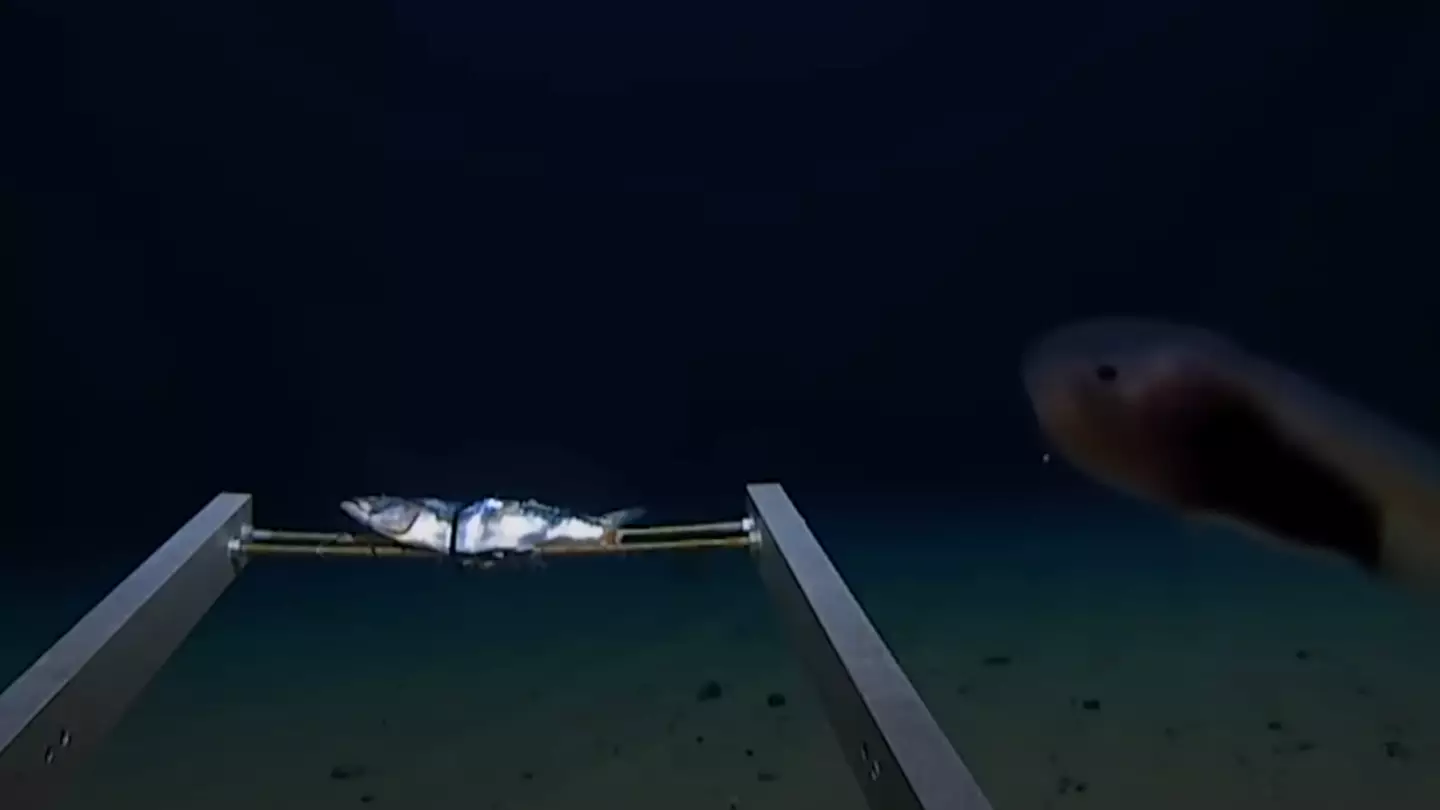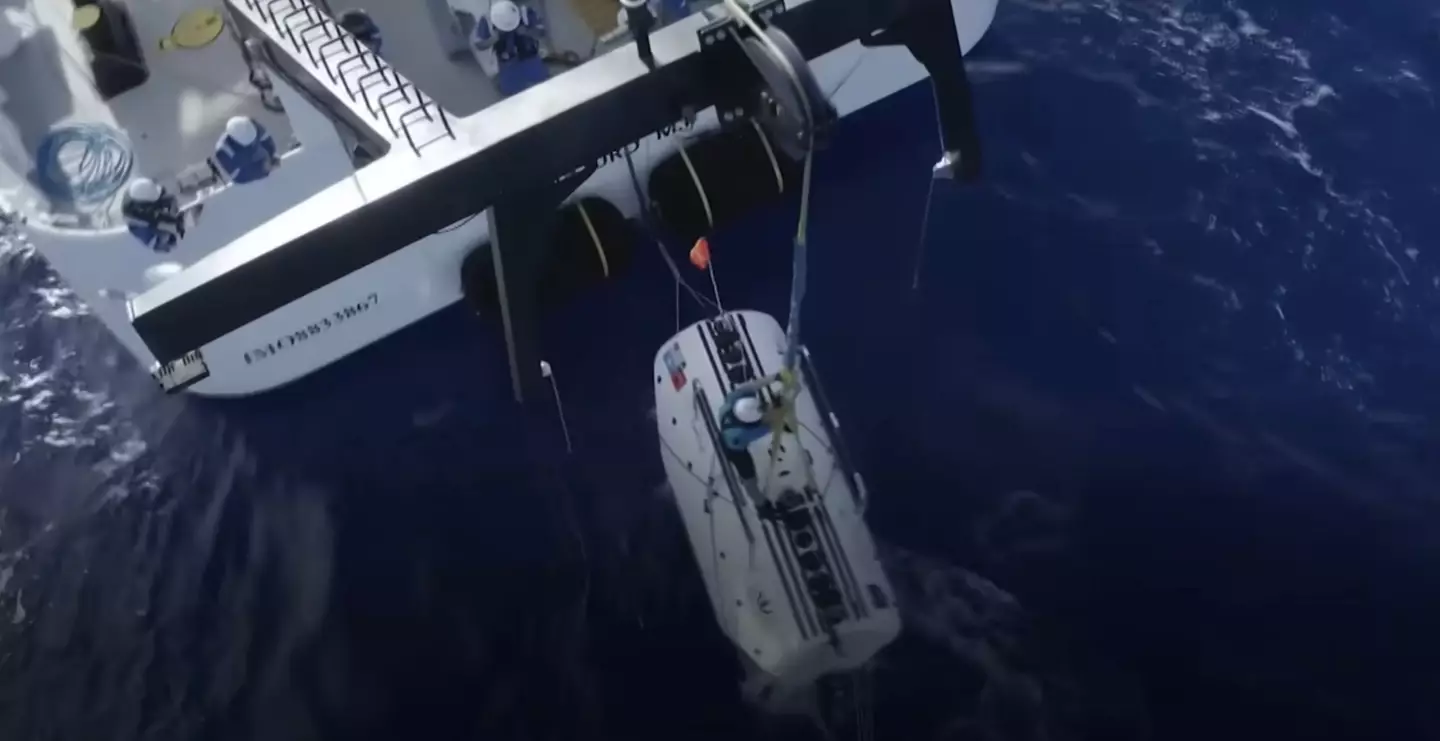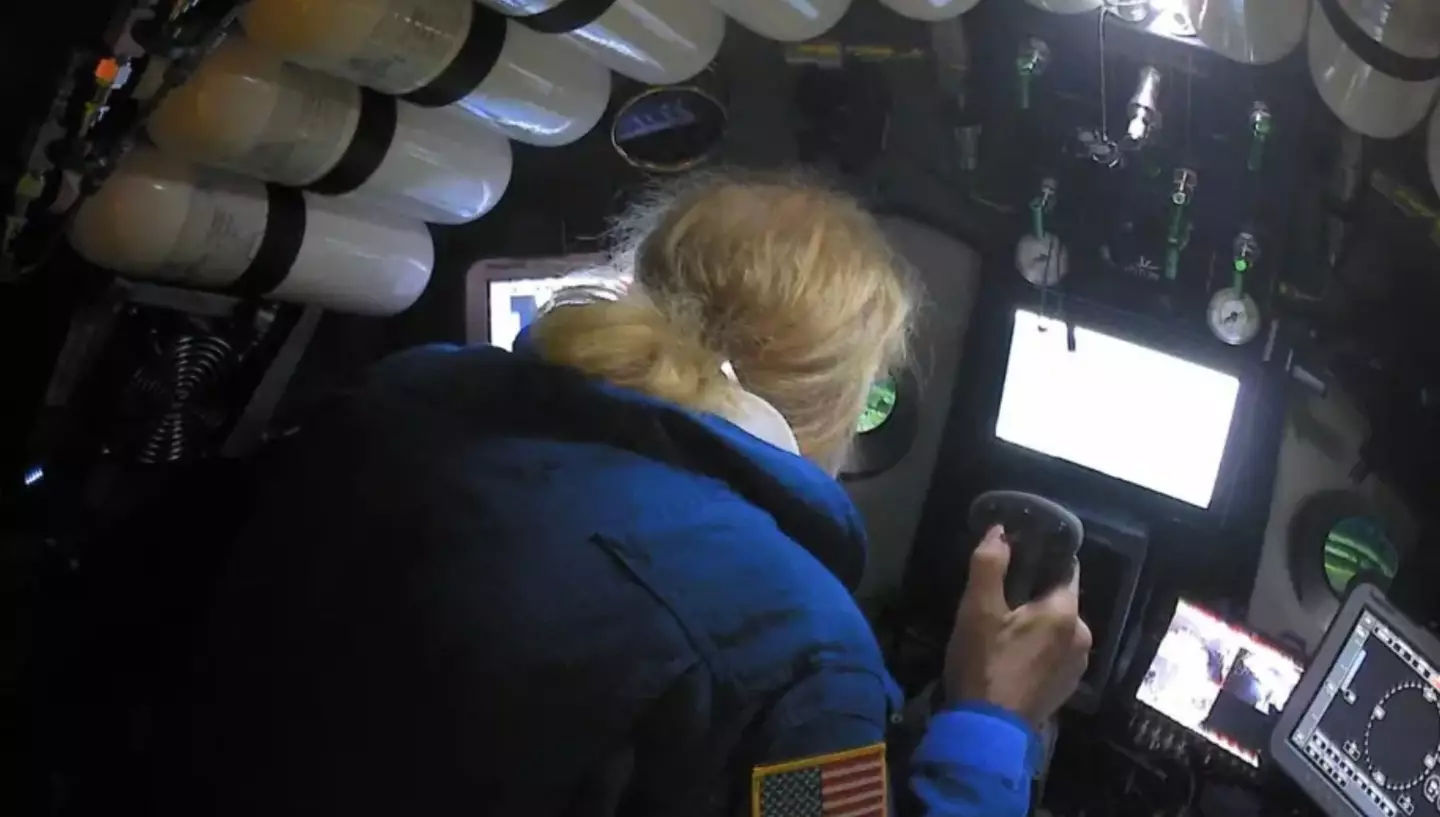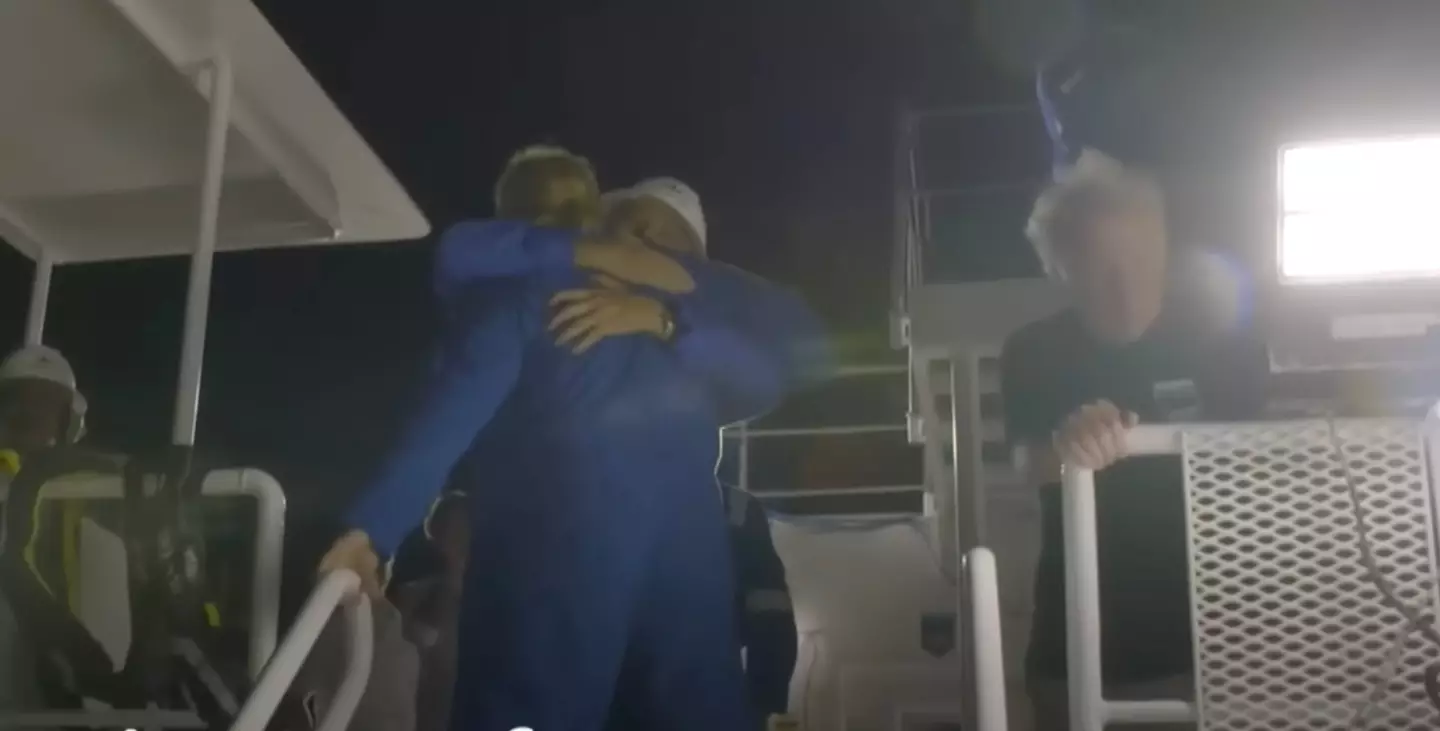
Exploring one of the deepest parts of the ocean might sound like a nightmare to some, but for Victor Vescovo, it was a dream come true.
He aspired to dive into the abyss in all five of the world's oceans - the Atlantic, Southern, Indian, Pacific and Arctic - as part of his 'Five Deeps Expedition' by the end of 2019.
Incredibly, the retired naval officer and undersea explorer, 59, managed to pull off the incredible feat one month ahead of schedule.
Vescovo headed way below the surface in a submersible named the DSV Limiting Factor, which he spent over four years developing alongside Triton Submarines.
Advert
The deep-sea vessel isn't something which could just be cobbled together, given that it needed to withstand unbelievable pressure at extreme depths - which can be 1,000 times the amount than at sea level.
As well circumventing the risk of it imploding, the team also had to ensure that the sub could operate in absolute darkness and near freezing temperatures.

While Vescovo headed off, his team were sitting on a state-of-the-art research vessel, named Pressure Drop, which was kitted out with the latest technology to keep tabs on him during the expeditions.
Out of the five dives he completed onboard the DSV Limiting Factor - all of which were documented in his Expedition Deep Ocean series - the explorer went the deepest when he headed to the Pacific Ocean's Mariana Trench.
Vescovo went a staggering 35,843ft below the surface - to the deepest point on Earth - on his fourth mission in early 2019.
"I’d done a lot of dives by that point, but with the Mariana Trench, you know it’s going deeper than ever before," the thrill seeker previously told Guinness World Records.
"In the back of your mind, you’re thinking ‘I’m pretty sure everything’s going to work perfectly and I’m going to come back safely’ but you don’t know until you do it."
The descent alone took him around three and a half hours, before he spent another four exploring the bottom of the trench in his submersible.

Vescovo stumbled across an array of extraordinary sea creatures, including arrowtooth eels, cusk eels with transparent heads, grenadier fish and ghostly snailfish.
Despite being ridiculously far from dry land, there was still a trace of human activity too - in the form of a plastic bag and sweet wrappers which he spotted lying on the seabed.
Following the expedition, Vescovo told the BBC: "It is almost indescribable how excited all of us are about achieving what we just did.
"This submarine and its mother ship, along with its extraordinarily talented expedition team, took marine technology to a ridiculously higher new level by diving - rapidly and repeatedly - into the deepest, harshest, area of the ocean."
But after watching the footage of Vescovo's death-defying dive to the Mariana Trench, people were more taken aback by the explorer's words when he resurfaced, rather than what he saw down there.
Although many others in his position wouldn't be, the private equity investor was actually very modest when it came to people acknowledging his achievement.

For example, when he reached the bottom in the DSV Limiting Factor, his team burst into applause while telling Vescovo: "Congratulations, Victor, congratulations."
Humbly, he responded: "Well done. Beginning exploration of the bottom."
Vescovo's acts of appreciation towards his team didn't stop there, either - as when he emerged from the depths around 12 hours after he began his dive, he continued to deflect the praise he was receiving onto his colleagues.
The late US Navy lieutenant Don Walsh, who was the first person to ever dive to the bottom of the Mariana Trench in 1960 alongside Swiss engineer Jacques Piccard, was waiting to greet him onboard the research vessel.
The pair embraced one another following Vescovo's triumph, as Walsh told him: "You did it, buddy!"
He then responded: "We all did it. We all did it. Captain Walsh, thanks for showing the way."
People were left pretty moved by the sweet exchange, as well as being wowed by Vescovo's extraordinary accomplishment as part of the Five Deeps Expedition.
One said: "'We all did it'. What a humble man."
Another added: "This guy is so professional. I love watching his interviews. No boastful brags. No outlandish comments. Very professional attitude towards his (amazing) work."
A third wrote: "What an amazing guy! He gives credit to his crew too. It's what you want to see in humanity."
It turns out being a nice guy makes you a lot more popular than leading groundbreaking scientific research - according to the comments left by viewers, anyway.
Topics: Environment, Science, World News, Ocean